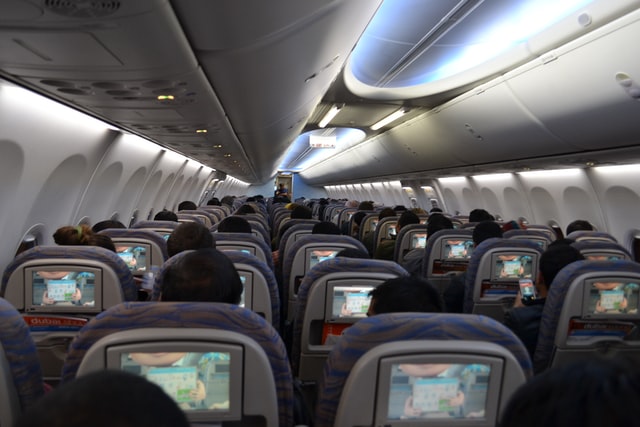The standard rule is that you should arrive at the airport two hours prior to your departure time to make it on time, or even earlier if you’re traveling internationally. But what about if you’re departing from the number one busiest airport in the entire world? The volume of travelers passing through the airport has a huge impact on how long you’re going to wait in check-in lines and how many hours you’ll stand there waiting to pass through security, CheatSheet reports.
15. Istanbul Ataturk Airport (IST)
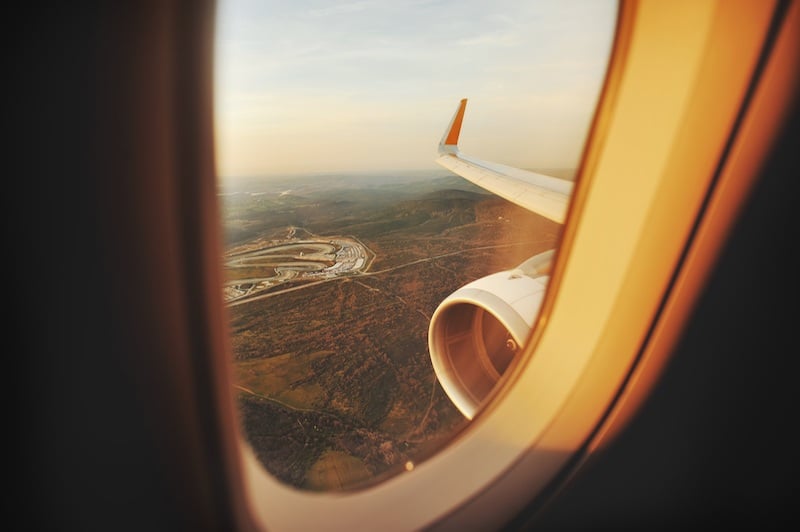
Passengers in 2017: 63,872,283
The largest airport in Turkey is also the 15th busiest in the world. However, this gateway between Europe and the Middle East used to be a lot busier and has fallen in popularity in recent years due to security fears. The Istanbul New Airport is currently being constructed and aims to become even more popular than IST.
Next: Frankfurt Airport
14. Frankfurt Airport (FRA)
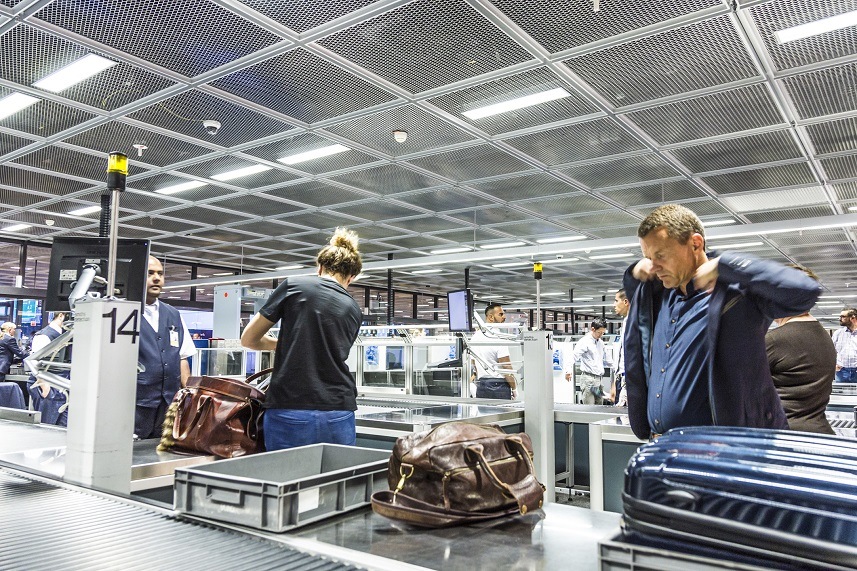
Passengers in 2017: 64,500,386
Frankfurt may only be the fifth largest city in Germany, but it’s the only German airport on the list of the world’s busiest. Since their opening in 1936, they have gradually built on and expanded into two terminals and four runways. Future expansions are planned to accommodate even more passengers.
Next: Guangzhou Baiyun International Airport
13. Guangzhou Baiyun International Airport (CAN)
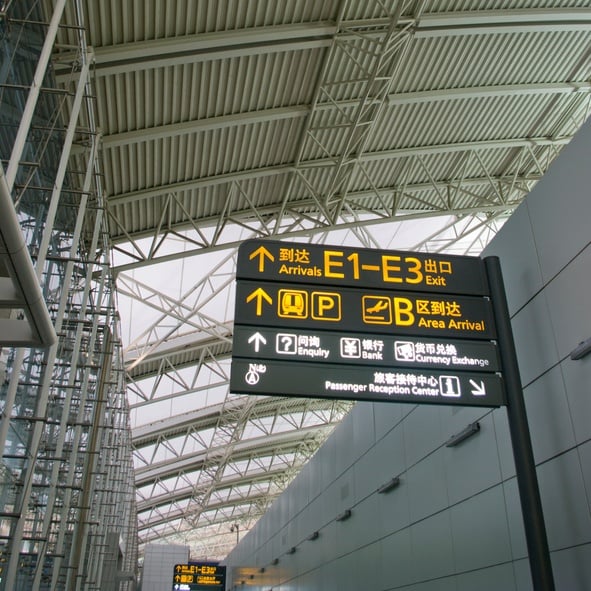
Passengers in 2017: 65,887,473
Baiyun means “white clouds” in Chinese and references Mount Baiyun, which is located near the airport. It’s one of several Chinese airports on the list of busiest in the world – which makes sense considering that China has the most residents in the world.
Next: Dallas-Fort Worth International Airport
12. Dallas-Fort Worth International Airport (DFW)
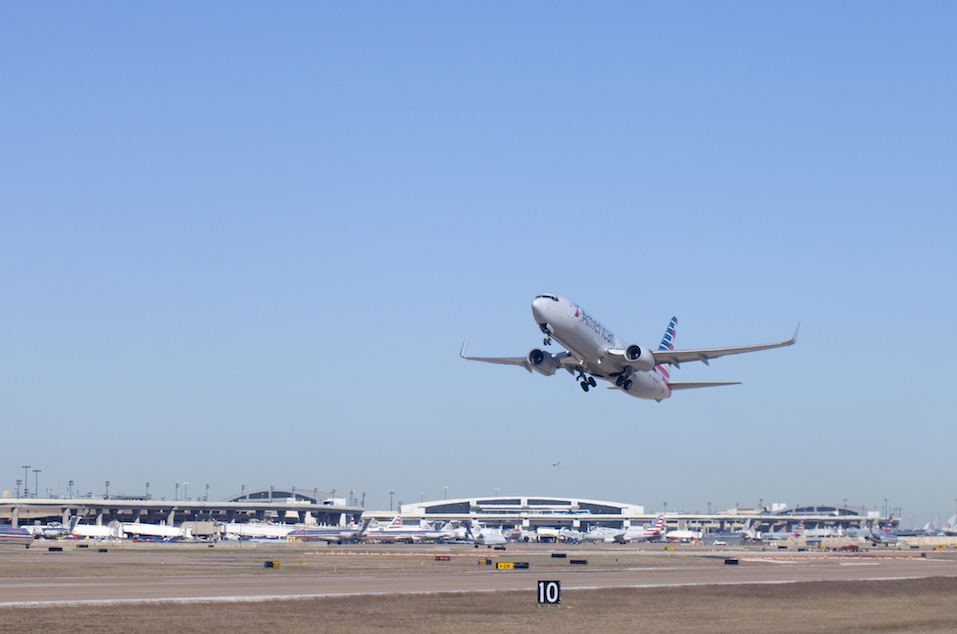
Passengers in 2017: 67,092,194
Part of the reason DFW is so busy is that it’s the main hub for American Airlines. It’s actually the fourth busiest airport in the world when it comes to aircraft movement, but 12th on the list of passenger traffic. This airport has its own zip code, police, fire protection, and emergency medical services.
Next: Amsterdam Airport Schiphol
11. Amsterdam Airport Schiphol (AMS)
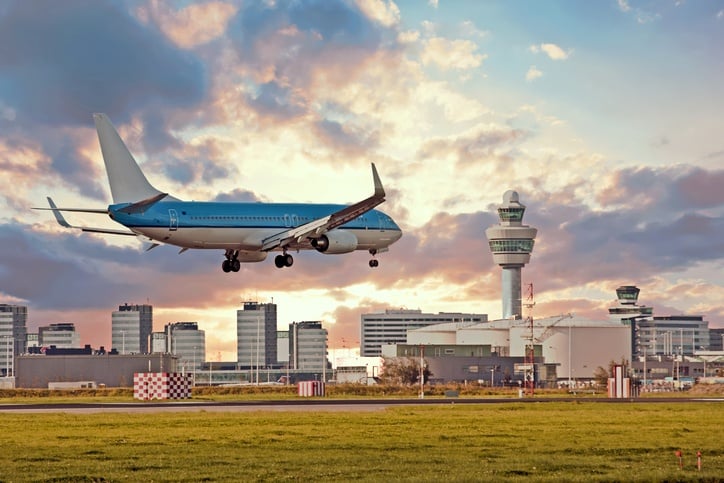
Passengers in 2017: 68,515,42
The natives just call it “Schiphol.” Located south of Amsterdam, this European outpost was built in 1916 as a military airbase. Though it only has one terminal divided into three sections, it’s still the third busiest airport in Europe and 11th busiest in the whole world. Clearly, they’re efficient with the space they have.
Next: Paris Charles de Gaulle Airport
10. Paris Charles de Gaulle Airport (CDG)
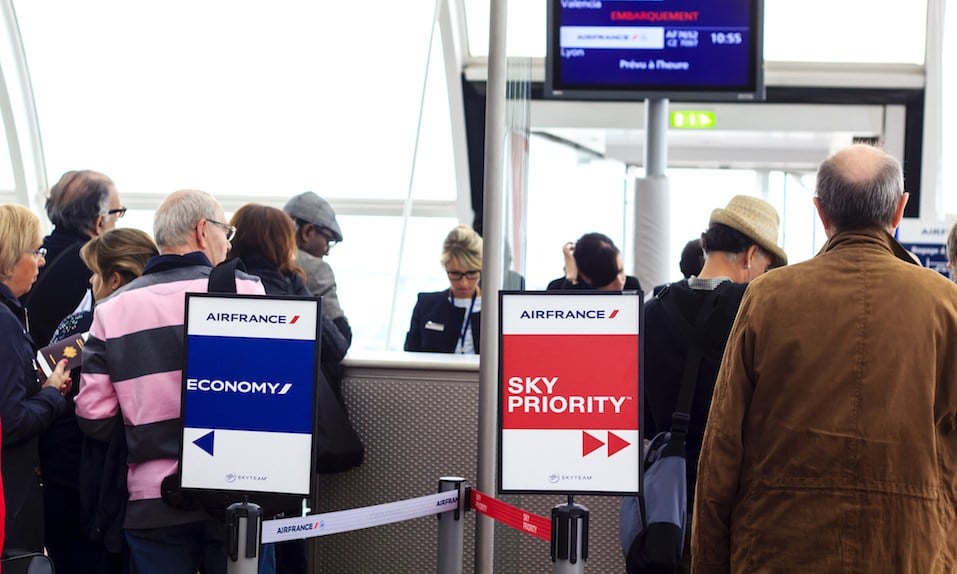
Passengers in 2017: 69,471,442
The second largest airport in Europe is located in the city of Paris. It was named for the leader of the French Free Forces in World War II, Charles de Gaulle. This airport is the main hub of operations for Air France and other notable airlines including Alliance, Oneworld, and SkyTeam.
Next: Shanghai Pudong International Airport
9. Shanghai Pudong International Airport (PVG)
Passengers in 2017: 70,001,237
The second of the three China-based airports on the list of busiest in the world is located in Shanghai. This airport is the main hub for China Eastern Airlines and Shanghai Airlines. It sprawls across two terminals and includes four runways for all the air traffic.
Next: Hong Kong International Airport
8. Hong Kong International Airport (HKG)
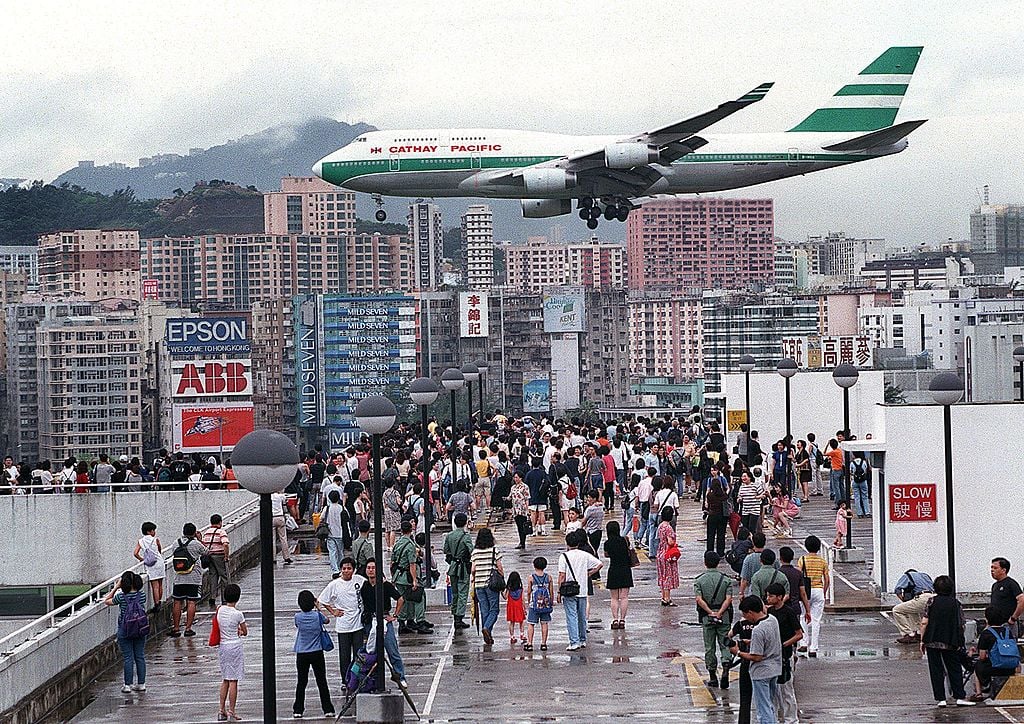
Passengers in 2017: 72,663,955
The main airport of Hong Kong was built on reclaimed land on the island of Chek Lap Kok. It serves as a gateway to mainland China, which makes HKG, which the locals call Chep Lap Kok airport, the eighth busiest passenger airport in the world. It’s also an important contributor to the country’s economy.
Next: London Heathrow Airport
7. London Heathrow Airport (LHR)
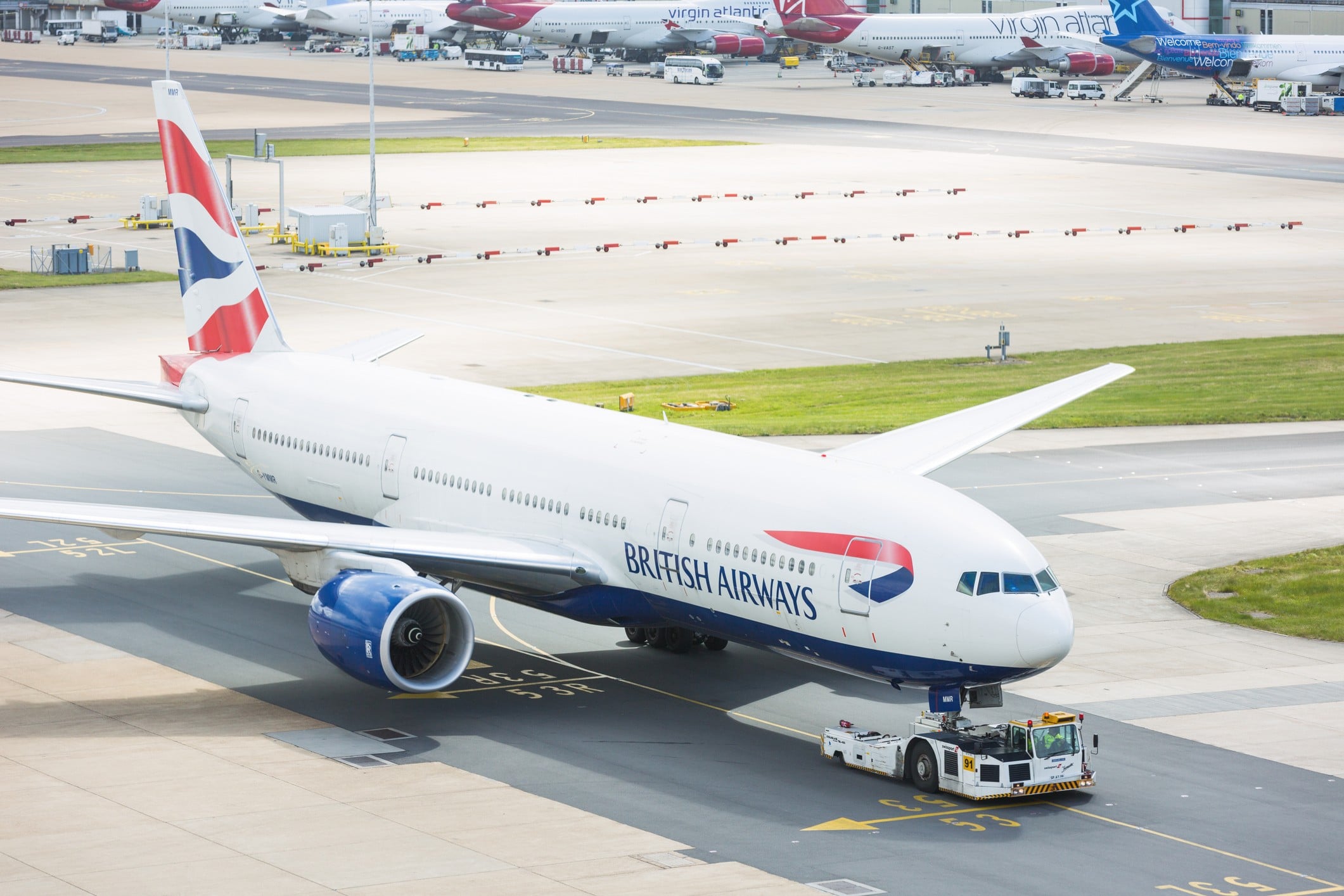
Passengers in 2017: 78,014,598
Fourteen miles west of central London you’ll find Heathrow Airport, a common place to get your connecting flight to the rest of Europe. This airport is so popular that you might even rub shoulders with a member of the royal family while you’re there if they opt to fly commercial that day.
Next: Chicago O’Hare Airport
6. Chicago O’Hare Airport (ORD)
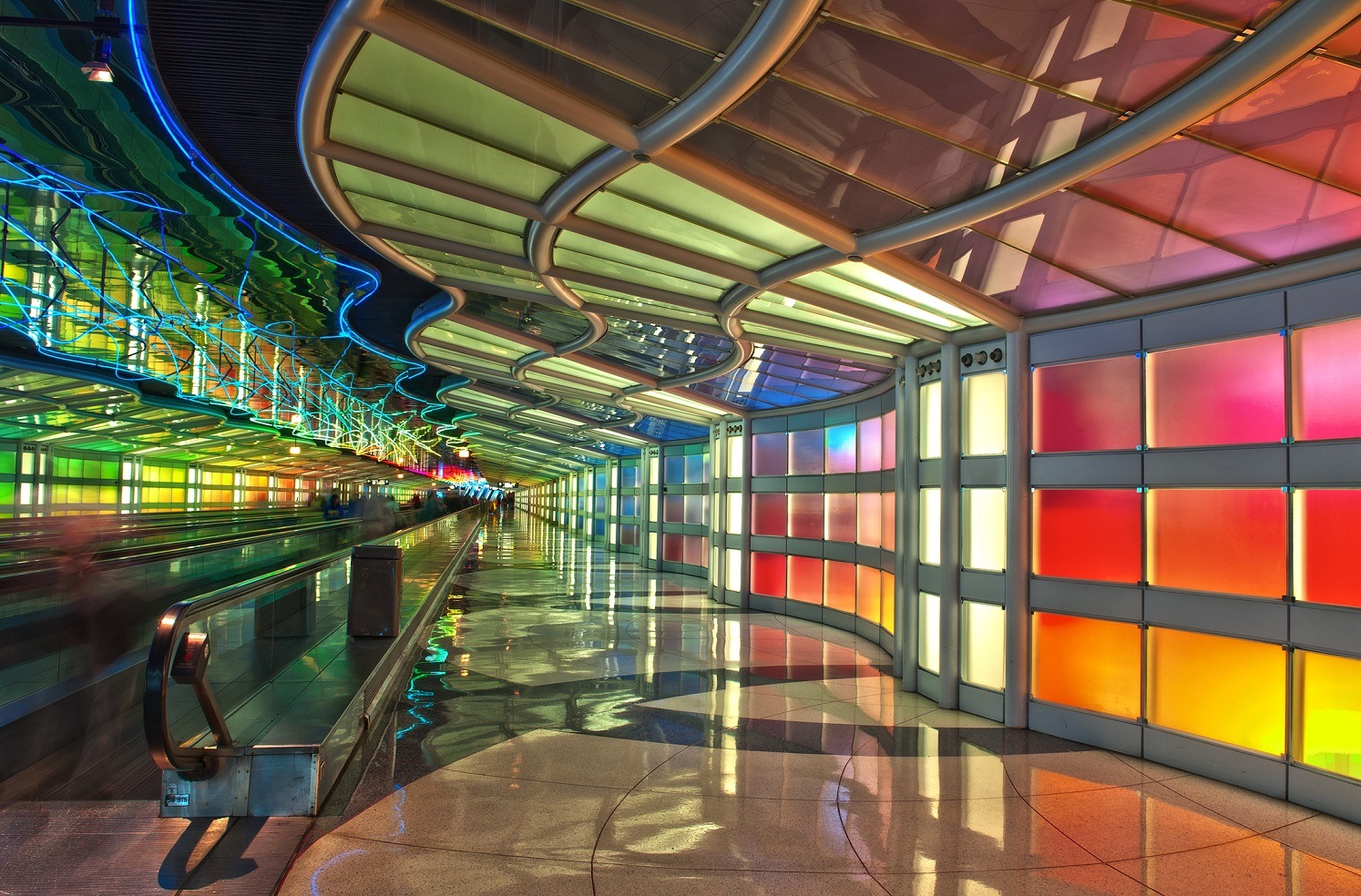
Passengers in 2017: 79,828,183
Frequent travelers just call it O’Hare and if you’re one of them, chances are you’ve passed through this busy midwestern travel hub. This major international airport boasts an innovative design and helped pioneer airport mainstays such as concourses, direct highway access to the terminal, jet bridges, and underground refueling systems. O’Hare is the largest hub for United Airlines and the third largest for American Airlines. It’s a focus city for Frontier and Spirit Airlines.
Next: Los Angeles International Airport
5. Los Angeles International Airport (LAX)
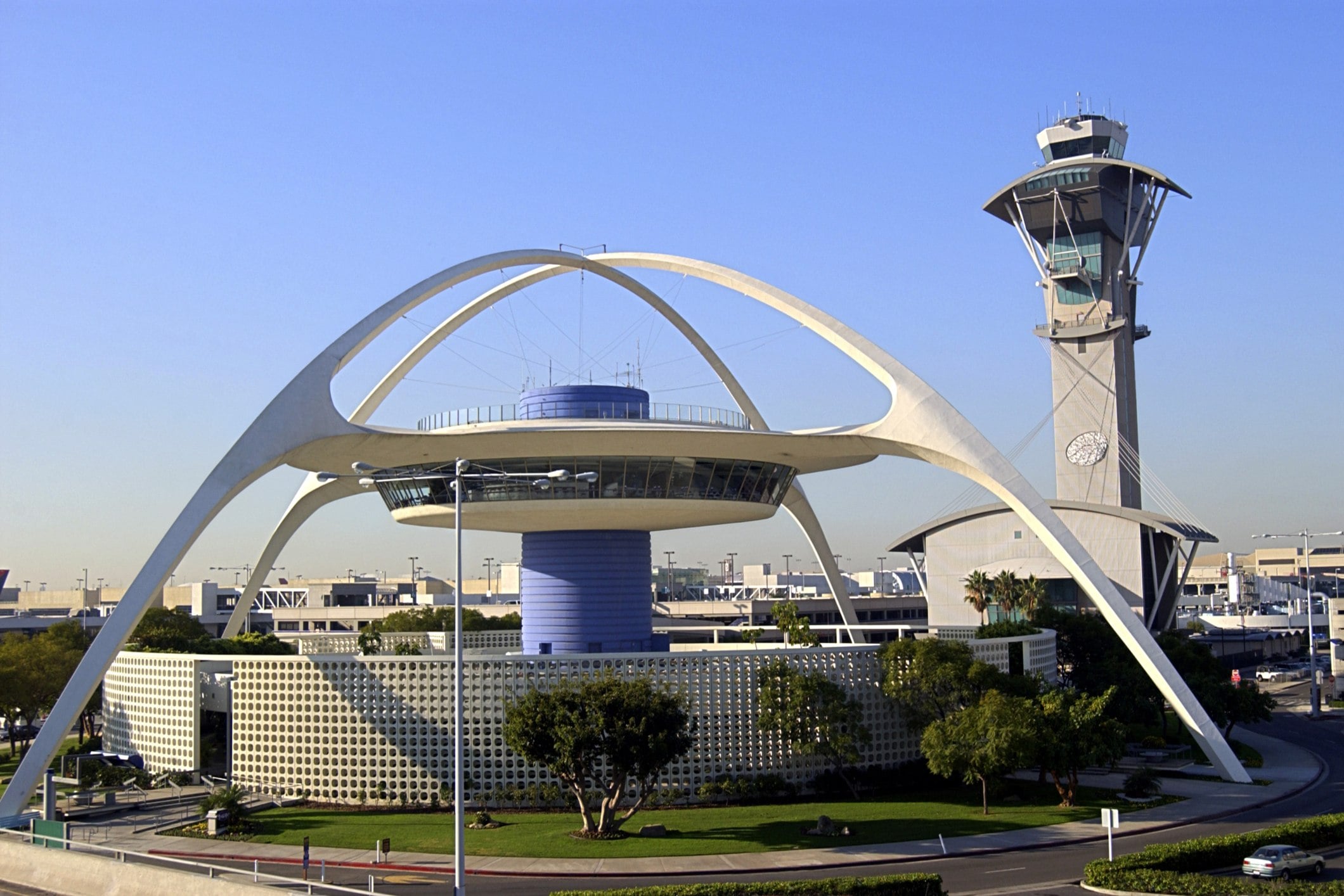
Passengers in 2017: 84,557,968
The place you’re most likely to bump into a celebrity? LAX, of course. It’s the second busiest airport in the United States and has four parallel runways in operation. It also has the record of the busiest origin and destination airport since so many passengers use it as a connection point.
LAX is a hub for major airline carriers including Alaska, American, Delta, and United Airlines, plus is a focus city for Air New Zealand, Allegiant Air, Norwegian Air Shuttle, Qantas, Southwest, Spirit, and Volaris.
Next: Tokyo Haneda International Airport
4. Tokyo Haneda International Airport (HND)
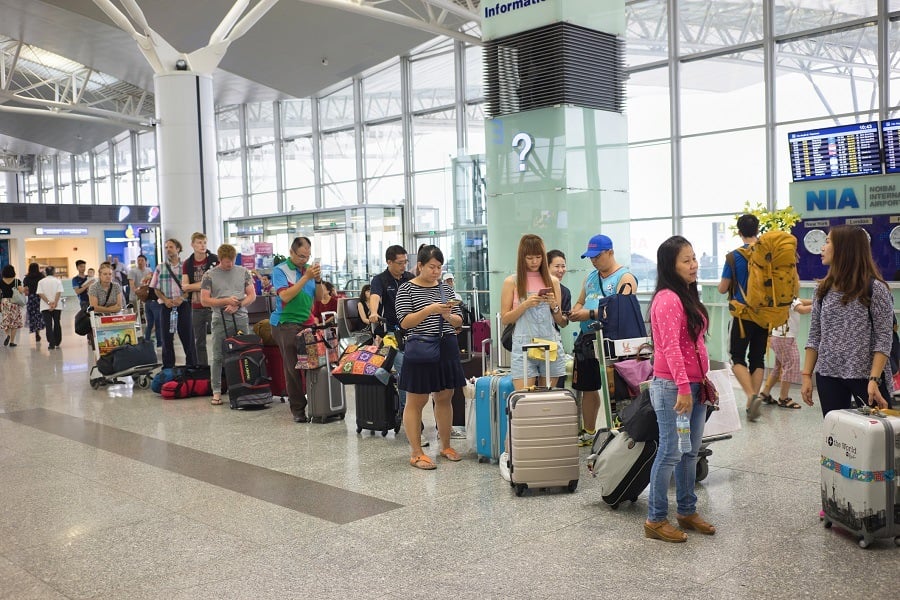
Passengers in 2017: 85,408,975
Typically just referred to as Haneda Airport, this Japan-based airport serves more than 85 million customers per year. Since 2014, they’ve focused on offering long-haul flights to 25 cities in 17 countries, catering specifically to business travelers.
Next: Dubai International Airport
3. Dubai International Airport (DXB)
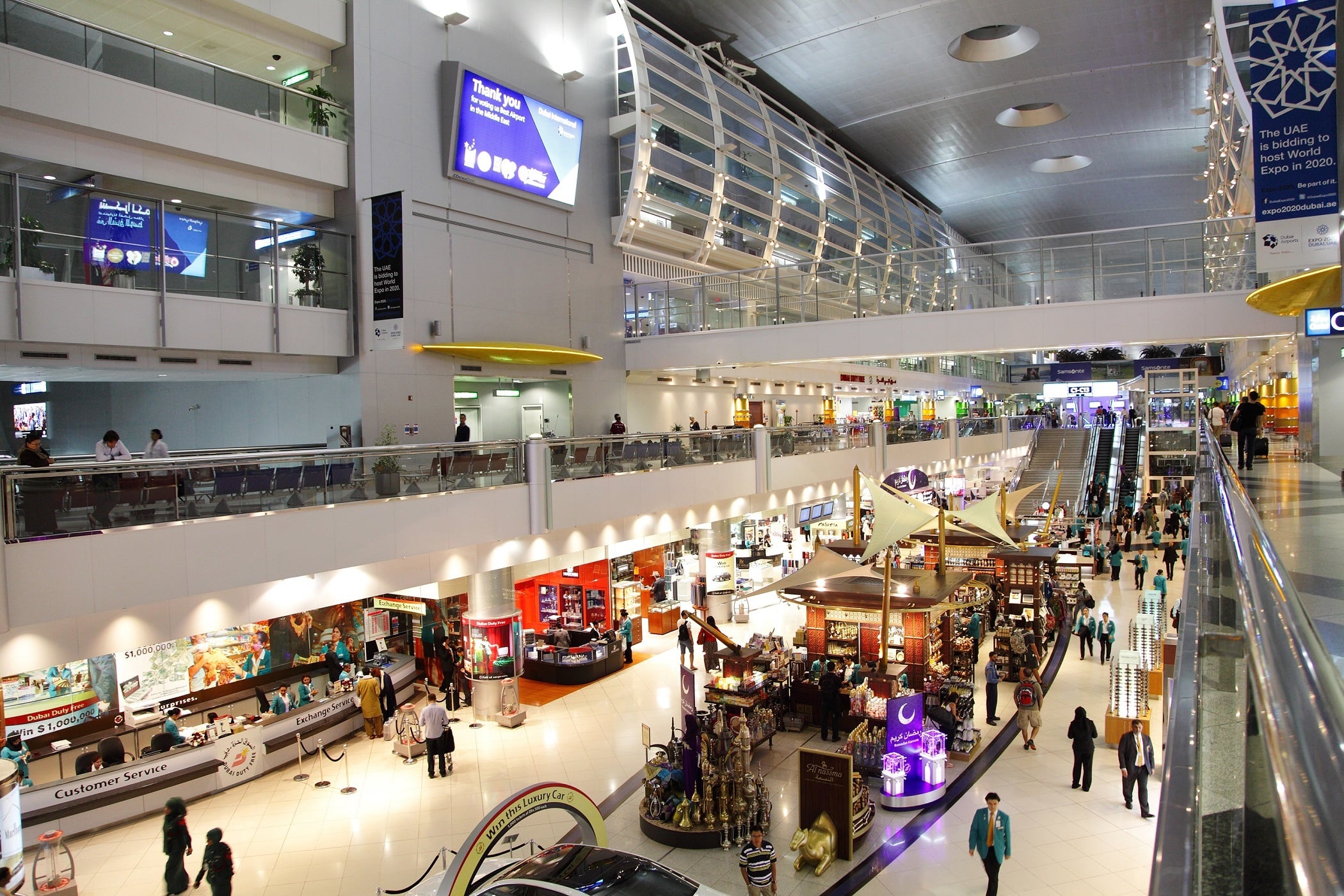
Passengers in 2017: 88,242,099
This Emirates hub is the largest, busiest airport in the Middle East and also the busiest for Airbus A380 and Boeing 777 airplanes specifically. The airport is a huge contributor to Dubai’s economy, especially since it employs 90,000 people and indirectly impacts 400,000 jobs, contributing $26.7 billion to the economy.
Next: Beijing Capital International Airport
2. Beijing Capital International Airport (PEK)
Passengers in 2017: 95,786,442
Beijing is the busiest airport in Asia and the second busiest in the world. They’ve come a long way since 1958 when they opened with one small terminal and only offered VIP or charter flights. Now they have three terminals and an extensive “global kitchen” where travelers can sample foods from 72 different locations. Airport officials assure that the prices are exactly the same as what you’d find in Beijing’s city center.
Next: And the busiest airport is…
1. Hartsfield-Jackson Atlanta International Airport (ATL)
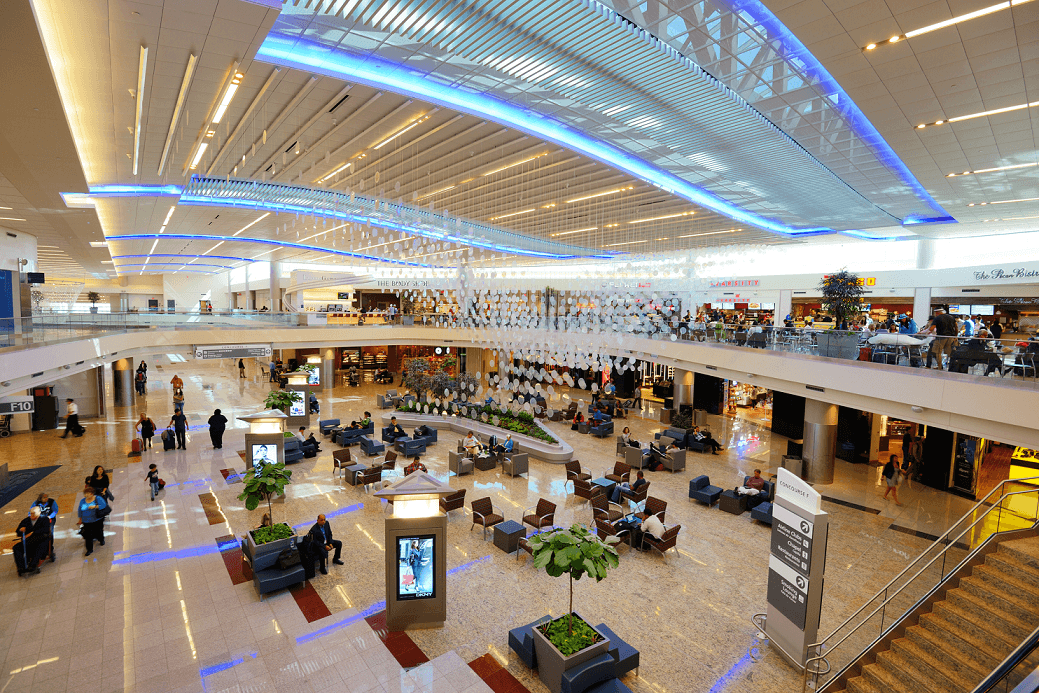
Passengers in 2017: 103,902,992
The busiest airport in the world also happens to be one of the most hated, according to frequent travelers. Long lines mean you’ll want to allow plenty of time to pass through this major airline hub. Spread out across 4,700 acres, it’s popular because it’s with two hours of 80% of the United States population. This makes it an incredibly popular place for connecting flights.
Atlanta is also the main hub for Delta, which boasts one of the best airport lounges in existence.

